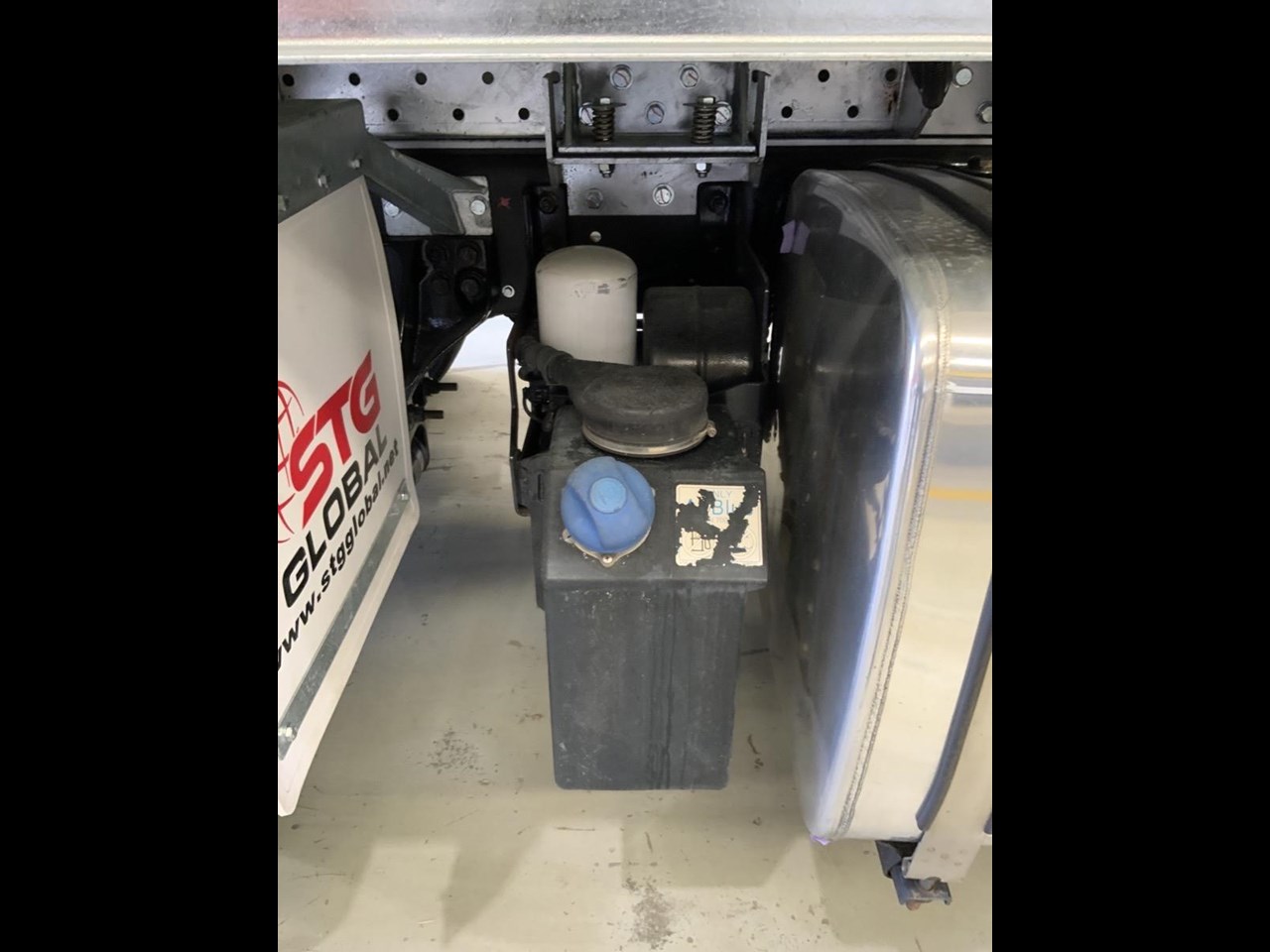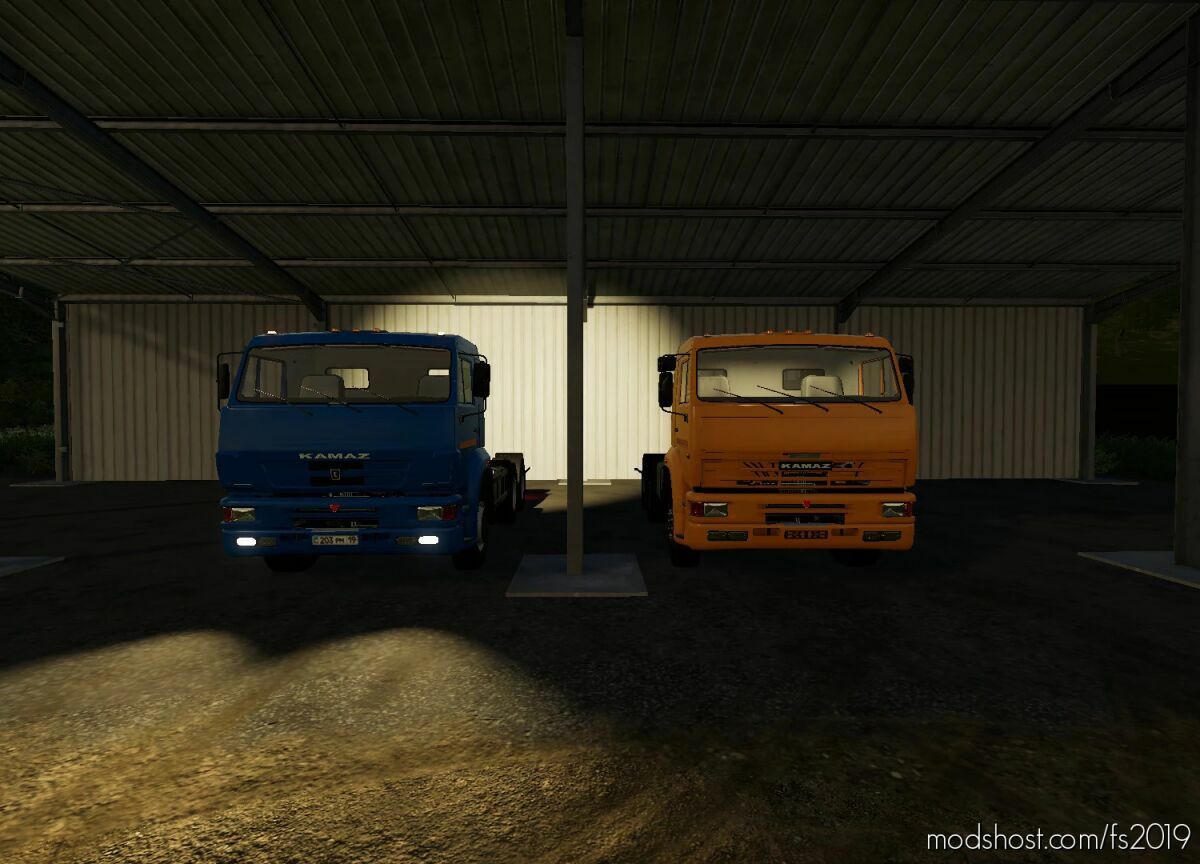

In those years, the company continued to boost its strategic presence in the world. In order to respond more effectively to the growing specialization of the market, Iveco broke its structure down into specialist corporate units that addressed specific customers divided by product type. Iveco had to overcome a crisis in the early 1990s, a new period of change began, fueled by increasingly fierce competition. From a marketing viewpoint, these years saw the launch of the Daily (1978), the Turbo (1981) and the Turbostar (1984), three vehicles that symbolized Iveco's entrepreneurial success in Europe. In its early years, the company focused on rationalizing, integrating and optimizing the various manufacturing and commercial structures that had been independent until then, and the first centralized functional structure emerged. Numerous important steps have marked its evolution since then. With this acquisition, Iveco expanded its manufacturing locations to Barcelona, Valladolid and Madrid in Spain. This marked a very important step in the history of Iveco since it became a local brand in all the leading European markets. In 1990, Iveco acquired 60% of ENASA, a leading truck manufacturer and makers of Pegaso brand of commercial vehicles in Spain. 1986 saw the formation of the 50/50 joint venture Iveco Ford Truck Ltd.

Iin 1985, Iveco and NAC ( Nanjing Automobile (Group) Corporation) in Nanjing, China enter into a technology transfer agreement for the production of light commercial vehicles in China. The company is dominated by Fiat Group, and was created on 1st January 1975 by Fiat manager and mechanical engineer Bruno Beccaria (1915-2001) through the merger of five companies operating in Italy, France and Germany Fiat Veicoli Industriali (located in Turin), OM (Brescia), Lancia Veicoli Speciali (Bolzano), Unic (Trappes) and Magirus (Ulm). Iveco became the All Blacks' global sponsor in January 2007. Today the company is a significant player in the medium-duty commercial vehicle and engine markets, and is near the top for sales of passenger transport and 3.5 ton light vehicles. The name is an acronym for Industrial Vehicle Corporation, an alliance among European commercial vehicle manufacturers such as Fiat (including Officine Meccaniche ( OM) and Lancia), Unic and Magirus. It is a subsidiary of the Fiat Group, and produces around 200,000 commercial vehicles and 460,000 diesel engines annually, and for the year ended 2007 the company had Euro 11,196 million in sales (revenues). Iveco is an Italian truck, bus, and diesel engine manufacturer, based in Turin, Italy.


 0 kommentar(er)
0 kommentar(er)
